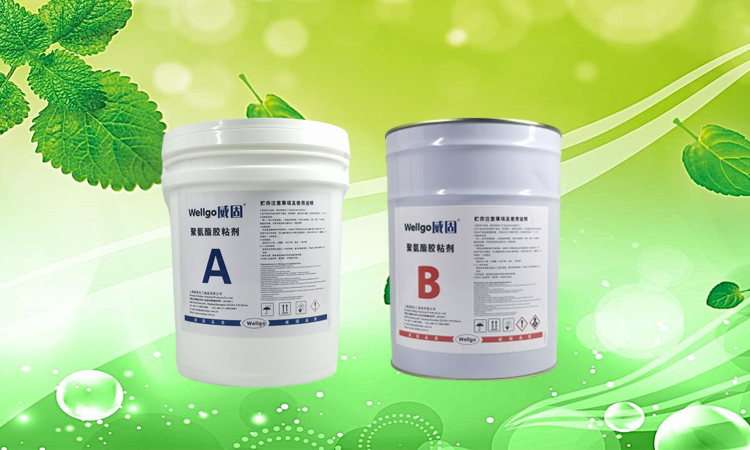The hard segment of polyurethane is composed of reacted diisocyanate Or it is composed of diisocyanate and chain extender, containing strong polar groups such as aryl group, urethane group, substituted urea group, etc. Generally, the rigid segment conformation formed by aromatic isocyanate is not easy to change and stretches into a rod shape at room temperature. Hard segments generally affect the softening, melting temperature and high-temperature properties of polymers.

The structure of isocyanate affects the rigidity of the hard segment, so the type of isocyanate has a great influence on the performance ofPU materials Big impact. The presence of rigid aromatic rings in aromatic isocyanate molecules and the generated urethane bonds give polyurethane strong cohesion. Symmetric diisocyanate makes the molecular structure of polyurethane regular and orderly, and it is easy to form hydrogen bonds. Therefore, 4,4′-MDI has greater cohesion than polyurethane made from asymmetric diisocyanate (such as TDI), and has higher mechanical properties such as modulus and tear strength. . Polyurethane prepared from aromatic isocyanate contains rigid aromatic rings in the hard segment, which increases the cohesive strength of the hard segment. The material strength is generally greater than that of aliphatic isocyanate polyurethane, but it is prone to yellowing. Aliphatic PU will not turn yellow. Different isocyanate structures also have different effects on the durability of polyurethane. Aromatic PU has better thermal oxidation resistance than aliphatic isocyanate because the hydrogen on the aromatic ring is more difficult to be oxidized.
Chain extender It also has an impact onPU performance. Diols containing aromatic rings have better strength than polyurethanes extended by aliphatic diols. Diamine chain extenders can form urea bonds. The polarity of urea bonds is stronger than that of urethane bonds. Therefore, diamine chain extender polyurethane has higher mechanical strength, modulus, and adhesion than glycol chain extender polyurethane. , and also has better low temperature performance. Casting polyurethane elastomers mostly use aromatic diamine MOCA as chain extender. In addition to the curing process factors, this is because the elastomer has good comprehensive properties.
Polyurethane soft Segments will not be oxidized and degraded quickly at high temperatures for a short period of time, but the heat resistance of hard segments affects the temperature resistance of polyurethane. Several bond groups formed by isocyanate reactions may appear in the hard segments, and their thermal stability The order is as follows:
isocyanurate>urea>urethane>biuret>allophanate
Among them, the most stable isocyanurate begins to decompose at around 270℃. The thermal stability of the urethane bond decreases with the increase of substituents on the carbon atoms adjacent to the oxygen atom and the increase of isocyanate reactivity or steric hindrance.
Improve
font>The content of hard segments in PU usually increases the hardness and reduces the elasticity.

 微信扫一扫打赏
微信扫一扫打赏

